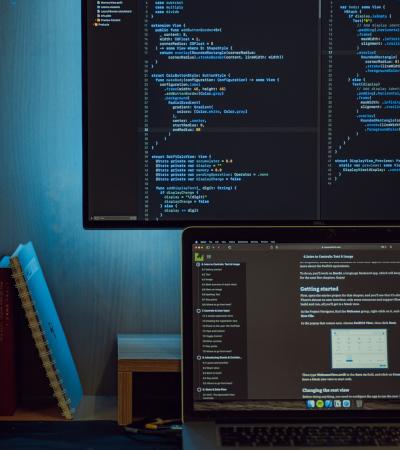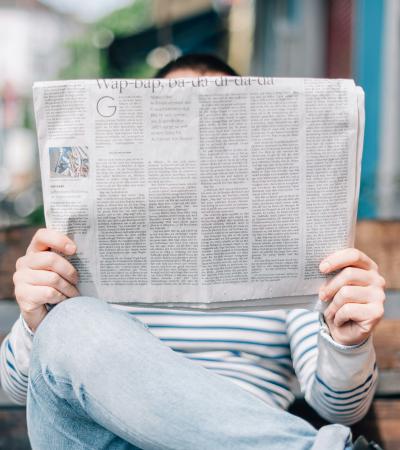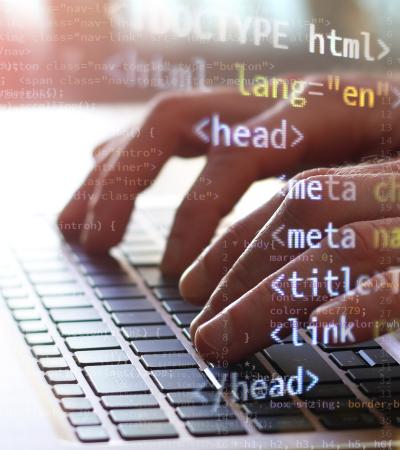Our goal with this edit-a-thon series was to increase the number of new editors working within Wikipedia, as well as improve entries to the four neighborhoods in Lowell. This meant increasing citations, correcting information, expanding content and editing the readability of identified entries.
The library hosted a session once a month starting in December, and each six-hour session focused on a Lowell neighborhood. Experienced editors that came to the program taught new editors technical details, policies and how to edit. Our university library partnered with the Pollard Memorial Library (Lowell, Mass.), and half the sessions were held there, while the other half were at UMass Lowell’s O’Leary Library. Electronic and print sources were provided by the hosting library.
Advanced Planning
We began planning six months before our first session in December. Our primary audience was made up of two groups: adults living or interested in Lowell and students from UMass Lowell. We wanted to make sure experienced Wikipedia editors attended to help us train new editors. To attract experienced editors, we reached out to the local Wikipedia meetup group. These are groups of editors who will attend local Wikipedia events. Wikipedia also has tools, such as Geonotice, to assist reaching out to editors in geographic areas. Geonotice will put a notification on editors’ profile pages so they know about the event.
For events at Pollard Memorial Library, we held the sessions on days it was closed. This ensured we wouldn’t have Wi-Fi problems and utilized the space without interrupting others. We had to make sure there was a custodian onsite that day. Pollard Memorial Library covered this cost for us.
Marketing
Marketing for each session started about one month before the session was scheduled. To attract community members and students, we created fliers to hang around both libraries (view one of the fliers under Attachments at right). On campus, we reached out to the Honors College students primarily. We utilized established outreach at both locations, such as blogs, mailing lists and community calendars. We also created a Wikipedia event page and reached out directly to people who expressed interest. In many of the advertisements, we mentioned that participants were welcome to bring their own laptops, as well as photos and books.
Budgeting
We received funding from the Wikimedia Foundation for the edit-a-thon sessions. The funding was primarily to provide food for participants, since they were there for a few hours. Each session included breakfast (doughnuts, bagels, coffee), lunch (pizza, salads) and snacks. This event could be done with less food or even no food.
Day-of-event Activity
For the first session, a number of experienced editors attended, but the other sessions only attracted two experienced editors. Still, we had enough experienced editors to allow for one-on-one time with the new editors. Staff members also helped train new editors and moderated discussions about policies and procedures related to Wikipedia entries. Wikipedia provides many how-to guides on editing and choosing sources.
The planners purchased the food, set up and cleaned up, greeted participants and walked around to check on people throughout the program.
Program Execution
Each session had between six and eight people attend and ran smoothly. This was slightly smaller than we anticipated. Many attendees, especially the new editors, came back for multiple sessions so they could continue their work from the previous session. Of the new participants, most were community members. Many of the students who attended already had experience editing Wikipedia.
The Wikimedia Foundation’s grant application and review focuses on quantifiable information to evaluate goals. We decided to focus on the same metric to evaluate our program. We reached 75 percent of our goal regarding the number of editors we wanted to participate. We improved about 20 entries. Most editors focused on doing deep development for a few entries as opposed to small edits to many entries. An unexpected accomplishment dealt with the gender gap of editors; of the 14 participants, nine were women. All four of the new editors were women.
Advice
Seek collaborators to increase participation. Consider neighboring libraries, as well as museums, archives, galleries and other cultural organizations.
Tap into local experts and scholars to provide information and identify sources. Reach out to local Wikipedia meetup groups to get experienced editors to attend.
Attend some edit-a-thons before you execute one so you know what to expect. Do some editing yourself so you can support new editors.
Wikipedia allows you to create Wiki pages to support events like this, but we found new editors interacted with a LibGuide better. We used it to put up training videos, sources and suggested entries for editing.



